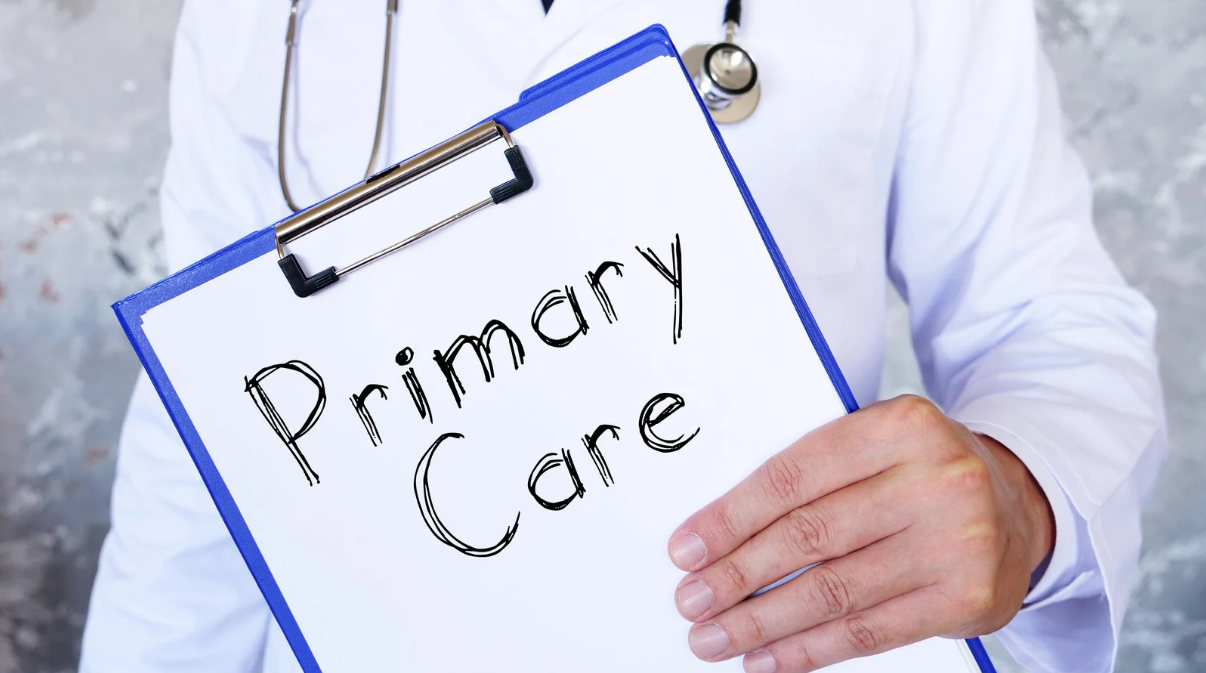You’ve always managed to push through—on the outside, you look like you have it all together. But inside, you’re overwhelmed, distracted, burned out, and wondering why everyday tasks feel like uphill battles. If this resonates, you may be one of many quietly living with ADHD in adults—without even knowing it.
ADHD in adults often goes unnoticed, especially when it doesn’t look like the stereotype of a restless child. It’s a real neurodevelopmental condition that can impact focus, memory, and emotional regulation. This guide will help you understand the unique ways ADHD shows up in adulthood, how masking hides it, and what steps you can take to better support your mind.
What Is Adult ADHD?
ADHD is a condition that affects the brain’s ability to regulate attention, impulses, motivation, and executive function. Though it’s often identified in children, around 60–80% of ADHD cases persist into adulthood, with varying degrees of impact.
Unlike the stereotypical image of a hyper child bouncing off walls, adult ADHD tends to show up in subtler ways: forgotten deadlines, chronic disorganization, emotional reactivity, and intense difficulty focusing—especially on tasks that don’t feel engaging.
The Three Types of ADHD:
- Inattentive Type (previously ADD): Easily distracted, forgetful, mentally checked out.
- Hyperactive-Impulsive Type: Restless, talkative, impulsive decisions.
- Combined Type: A mix of both inattentive and hyperactive symptoms.
Many adults don’t realize they have ADHD because they’ve unknowingly developed coping strategies that mask their symptoms. That’s where masking comes in.
Adult ADHD Signs and Symptoms—Even If You’ve Been Masking Them

One of the most misunderstood facts about adult ADHD is how internalized and camouflaged it can be. While children may act out, adults often turn their struggles inward or compensate outwardly.
Common Symptoms of Inattentive ADHD in Adults:
- Frequently losing keys, phones, or wallets
- Trouble following conversations or zoning out
- Difficulty starting or finishing tasks
- Misplacing priorities
- Constantly feeling disorganized or overwhelmed
Common Hyperactive/Impulsive Traits in Adults:
- Interrupting others or finishing their sentences
- Restlessness, especially during long meetings
- Acting on impulse (purchases, quitting jobs, sending emotional texts)
- Talking excessively or rapidly
Emotional and Behavioral Indicators:
- Low frustration tolerance
- Difficulty managing stress or transitions
- Mood swings or frequent irritability
- Chronic procrastination or perfectionism
- Feeling like you’re always “behind”
What Is Masking, and Why Do Adults With ADHD Do It?
Masking is the act of hiding or suppressing your ADHD symptoms to appear “normal.” For many adults, this becomes second nature—especially if they were never diagnosed and were simply told to “try harder” or “get organized.”
Common Ways Adults Mask ADHD:
- Relying heavily on to-do lists, reminders, and calendars (but still forgetting things)
- Becoming overly structured or rigid to stay in control
- Mimicking behaviors of others who seem more focused
- Over-preparing, over-apologizing, or overcompensating
- Hiding true emotional states behind humor or perfectionism
Why do people do this? Often, it’s to avoid judgment. Adults with undiagnosed ADHD may carry internalized shame about being “scatterbrained,” “lazy,” or “difficult.”
Why You Didn’t Realize It Sooner

If you’re only now wondering if you have ADHD, you’re not alone. Many adults don’t recognize the signs until much later in life, often after:
- A child is diagnosed with ADHD
- Therapy or antidepressants don’t work as expected
- A major life event (like a divorce, career change, or burnout) strips away your structure
- You hit a wall and realize your coping tools no longer work
Factors That Lead to Missed Diagnosis:
- Gender bias: Girls and women are less likely to be diagnosed
- Cultural stigma: BIPOC communities may face systemic barriers to mental health care
- Academic success: Smart kids often go unnoticed despite deep internal struggles
- Co-existing conditions: Anxiety, depression, or trauma can overshadow ADHD
Common thought patterns:
- “But I did well in school—how could I have ADHD?”
- “I’m just anxious, not inattentive.”
- “It’s just my personality.”
Complications of Untreated Adult ADHD
Masking or leaving ADHD untreated can take a toll—not just on your productivity, but your emotional and physical well-being.
Emotional & Mental Health Effects:
- Anxiety and depression from chronic stress and self-blame
- Rejection sensitivity—extreme emotional response to perceived criticism
- Imposter syndrome—feeling like a fraud despite external success
Lifestyle & Relationship Impacts:
- Struggles with long-term relationships due to forgetfulness, zoning out, or emotional volatility
- Difficulty holding jobs, switching careers frequently
- Financial disorganization or impulsive spending
- Trouble maintaining routines or self-care
Physical Health:
- Sleep disturbances (racing thoughts, bedtime procrastination)
- Poor diet or inconsistent eating habits
- Higher risk of accidents or injuries due to impulsivity
How ADHD Is Diagnosed in Adults

If you’ve been asking yourself, “Could I have ADHD?”—you’re not alone. Many adults begin to suspect ADHD only after years of struggling with focus, forgetfulness, or emotional ups and downs. While online self-assessments can help you recognize patterns, they’re not a substitute for a professional diagnosis. Only a trained healthcare provider can give you a clear answer, and getting evaluated is the first step toward real support. The process may seem intimidating, but it’s actually straightforward and validating.
Diagnosis May Include:
- A comprehensive clinical interview to explore your symptoms and medical history
- ADHD-specific questionnaires and checklists to assess daily challenges
- A review of your past experiences in school, work, and relationships
- Sometimes, input from a partner, family member, or colleague who knows you well
To begin, talk to your primary care provider or a psychiatrist who specializes in ADHD. For more in-depth assessment, a neuropsychologist may also conduct testing to rule out other conditions and confirm the diagnosis.
Common Myths:
- “You can’t have ADHD if you’re organized.” (False: many ADHDers are hyper-organized due to anxiety.)
- “You’re too old to get diagnosed.” (False: ADHD doesn’t magically go away.)
- “It’s just anxiety.” (ADHD and anxiety often coexist—but are not the same.)
Treatment Options for Adults with ADHD

Getting diagnosed is just the beginning. The next step is finding a treatment plan that works for your unique brain. For most adults, managing ADHD effectively involves a combination of strategies, including medication, therapy, daily habits, and social support. There’s no one-size-fits-all approach—but there are proven options that can make life feel more manageable and less overwhelming.
1. Medication
- Stimulants like Adderall, Vyvanse, and Ritalin are often the first choice and work quickly for many people
- Non-stimulants such as Strattera or Wellbutrin may be better for those with anxiety or stimulant sensitivity
- Important Note: These medications are safe and not addictive when used as prescribed and monitored by a medical professional
2. Therapy and Coaching
- Cognitive Behavioral Therapy (CBT) helps shift negative thinking and build new habits
- Executive function coaching provides tools to manage time, tasks, and focus
- Trauma-informed therapy is crucial if ADHD symptoms have led to burnout, shame, or emotional wounds
3. Lifestyle Adjustments
- Use tools like visual timers, apps (e.g., Todoist, Notion), and whiteboards
- Try routines like Pomodoro sprints, body doubling, and scheduled breaks
- Prioritize sleep and balanced meals to stabilize mood and focus
4. Support Systems
- Join ADHD peer groups online or in person
- Educate your family and friends about how ADHD affects communication and behavior
- Ask for workplace accommodations like flexible deadlines or written instructions
What Healing and Unmasking Look Like

Once diagnosed, many adults go through a grieving process—mourning the years lost to misunderstanding themselves. But it also opens the door to healing.
The Healing Journey May Include:
- Reframing your life through the lens of ADHD, not personal failure
- Redefining productivity—quality over quantity
- Embracing self-compassion instead of shame
- Learning to “unmask” in safe spaces—dropping the performance and showing up as you
You don’t have to be perfect. You just need to be real—and resourced.
Final Words: You’re Not Lazy, Broken, or Behind
If you’ve been masking ADHD for years, it’s not your fault. You were doing your best to survive in a world that didn’t understand your brain. But now you have the right knowledge—and that gives you power. You’re not late. You’re right on time to start discovering who you truly are, beneath the coping and the camouflage.
Help is out there. ADHD doesn’t define your worth—it simply offers a new way to understand your challenges and your strengths. At Stay Healthy, LLC, we specialize in helping adults navigate ADHD with compassion, clarity, and effective care. If you’re looking for expert psychiatry in Tallahassee, FL, our team is here to guide you through diagnosis, treatment options, and personalized support. Call us today at (850) 329-2932 and take the first step toward thriving with ADHD—because you deserve to live with confidence, not confusion.











